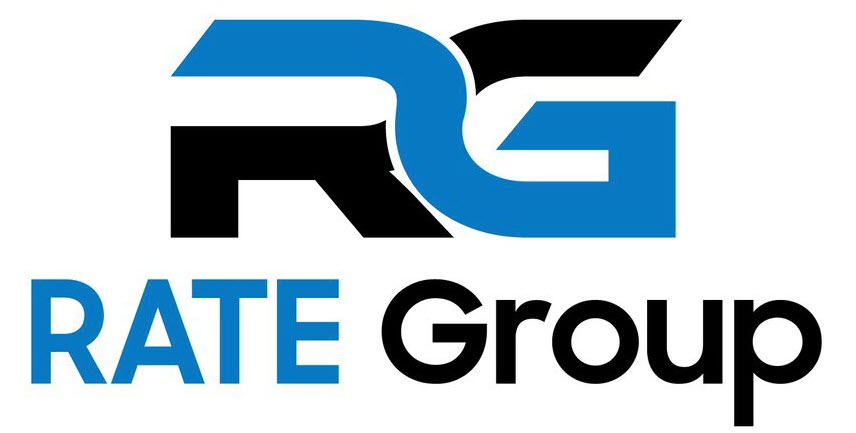
30 Oct Unwanted Cryptocurrency Could Trigger Tax Under IRS Policy
[ad_1]
Cryptocurrency holders could have to pay tax on coins they received unwittingly, or against their wishes, under recent IRS guidance.
If left unchanged, the policy may make it harder for people to meet their tax obligations—at a time when the IRS is ramping up enforcement to increase compliance in the crypto space, according to tax professionals.
The revenue ruling released Oct. 9 says users are required to pay income tax on new coins they receive following a transaction known as a “hard fork,” during which one cryptocurrency splits into two.
The IRS generally defines this distribution of new coins to multiple users as an “airdrop.” More commonly, however, the term is used in the industry to describe situations where a company gives cryptocurrency holders free coins as a way to market a new offering and build awareness among potential customers. These coins can often just appear in users’ wallets.
In some cases users are asked whether they want to accept the airdropped…
[ad_2]
Source link

